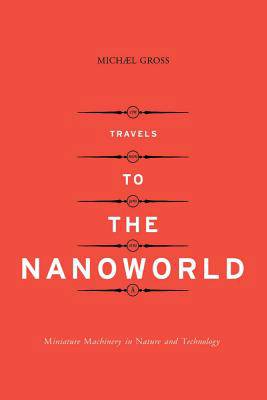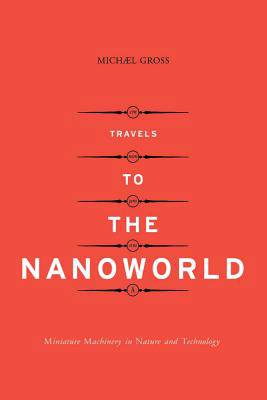
- Afhalen na 1 uur in een winkel met voorraad
- Gratis thuislevering in België vanaf € 30
- Ruim aanbod met 7 miljoen producten
- Afhalen na 1 uur in een winkel met voorraad
- Gratis thuislevering in België vanaf € 30
- Ruim aanbod met 7 miljoen producten
Zoeken
Omschrijving
Our lives are about to be changed by new technologies that operate on a scale too small to be seen by even the most powerful optical microscopes. Devices measured in nanometers-billionths of a meter-have set off a nanotechnology revolution. In Travels to the Nanoworld, Michael Gross takes us deep into this miniature universe and describes natural processes and new technologies that will make modern machines look like relics from the Stone Age. Starting with the model of the living cell, whose vital processes are directed and carried out by structures with dimensions on the nanometer scale, Gross shows how biochemists are beginning to understand the mechanisms of the "nanotechnology of nature." Soon science will have the knowledge and technology to generate artificial systems that will perform similar tasks, and through them will find new treatments for disease, substitutes for toxic waste, and alternatives to carbon fuel.
Specificaties
Betrokkenen
- Auteur(s):
- Uitgeverij:
Inhoud
- Aantal bladzijden:
- 268
- Taal:
- Engels
Eigenschappen
- Productcode (EAN):
- 9780738204444
- Verschijningsdatum:
- 1/01/1999
- Uitvoering:
- Paperback
- Formaat:
- Trade paperback (VS)
- Afmetingen:
- 157 mm x 230 mm
- Gewicht:
- 417 g

Alleen bij Standaard Boekhandel
+ 61 punten op je klantenkaart van Standaard Boekhandel
Beoordelingen
We publiceren alleen reviews die voldoen aan de voorwaarden voor reviews. Bekijk onze voorwaarden voor reviews.











